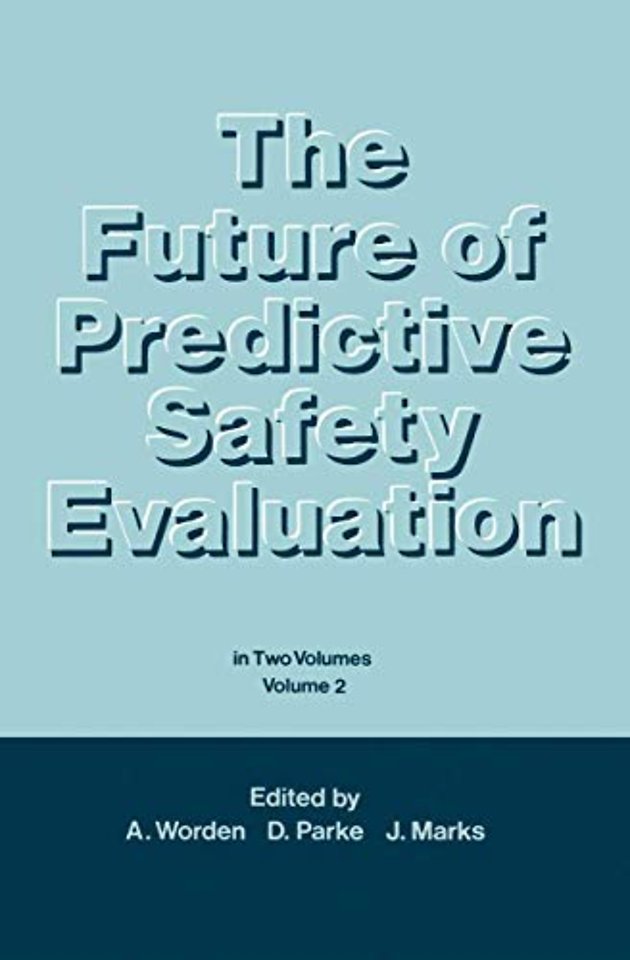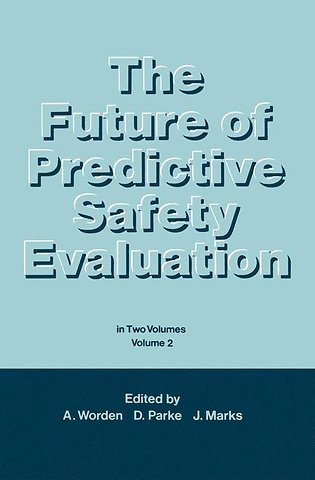The Future of Predictive Safety Evaluation
In Two Volumes Volumes 2
Paperback Engels 2011 9789401079365Samenvatting
Reproduction and fetal development in humans and experimental animals may be adversely affected by a wide range of drugs and environmental agents. They may be toxic in the parental generation leading to impaired germ cell formation, loss of reproductive poten tial and infertility following chronic exposure. Deviant fetal development occurs as a consequence of cellular damage at sensi tive stages in development. Changes seen range from intrauterine mortality and structural malformation to growth retardation with physiological and behavioural defects. Concepts on the mechanism of action of teratogens are discussed with reference to some better-known agents. Presently, regulatory authorities prefer whole animal studies in predictive safety evaluation of substances to which a pregnant woman may be exposed. Tests are conducted over one or more generations and are designed to study the influence of test com pounds upon general reproductive performance, fertility, fetal development and perinatal and postnatal behaviour. Experiments are designed to permit compounds to be tested under conditions resembling expected human exposure. Small rodents and rabbits are preferred species on account of their convenience as laboratory animals and the available knowledge regarding their reproductive behaviour, fetal development and known sensitivity to human teratogens.
Specificaties
Lezersrecensies
Inhoudsopgave
Rubrieken
- advisering
- algemeen management
- coaching en trainen
- communicatie en media
- economie
- financieel management
- inkoop en logistiek
- internet en social media
- it-management / ict
- juridisch
- leiderschap
- marketing
- mens en maatschappij
- non-profit
- ondernemen
- organisatiekunde
- personal finance
- personeelsmanagement
- persoonlijke effectiviteit
- projectmanagement
- psychologie
- reclame en verkoop
- strategisch management
- verandermanagement
- werk en loopbaan

